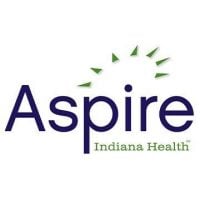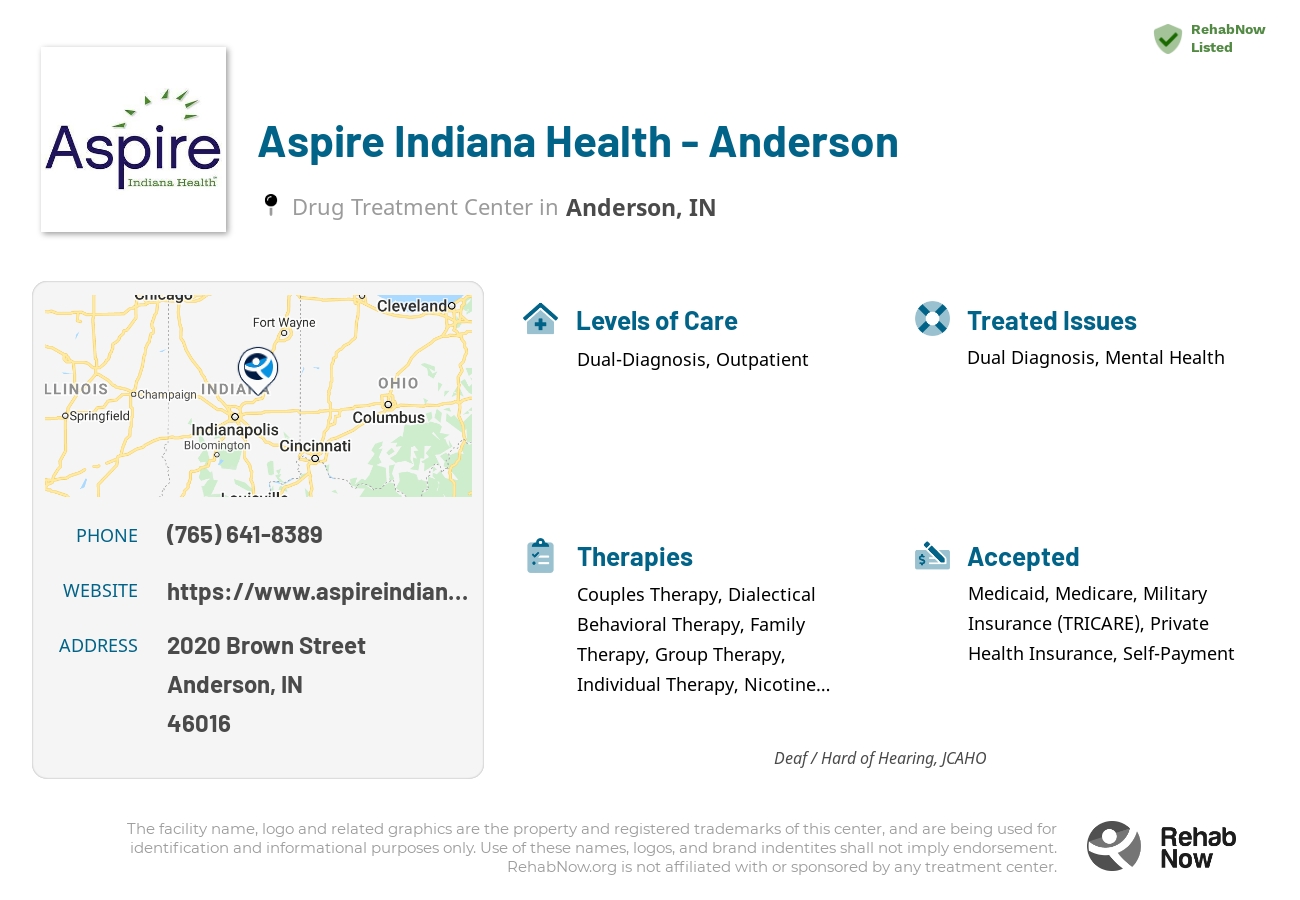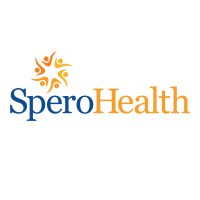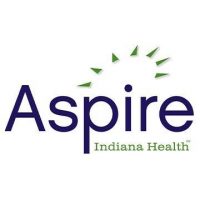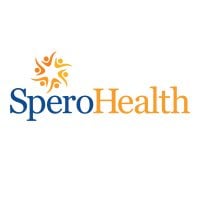Aspire Indiana Health - Anderson
Drug Rehab Center in Anderson, Indiana
Aspire Indiana Health - Anderson is a comprehensive healthcare facility in Anderson, IN providing evidence-based treatment modalities and services, including inpatient and outpatient programs, recovery and addiction treatment, counseling, assessments, case management, and access to resources, to support individuals dealing with substance use and mental health issues in their recovery process.
About This Indiana Facility
Aspire Indiana Health - Anderson, located in Anderson, IN, is a premier health care facility dedicated to helping individuals overcome substance use disorders and mental health issues. With a focus on providing comprehensive, evidence-based treatment, Aspire Indiana Health - Anderson offers a range of services tailored to each client's specific needs.
- Whole Health Recovery Continuum (WHRC) brings together all the necessary components for a highly effective recovery program, including a stable and safe living environment.
- Offers a seamless continuum of care, including primary medical care, behavioral health therapy, peer support groups, medication-assisted treatment (MAT), individual case management, and education and job training.
- Provides specialized programs such as Recovery Coaching, Overdose Prevention, and Grief Support Services, as well as access to naloxone (Narcan) to help prevent opioid overdoses.
Aspire Indiana Health - Anderson is accredited by The Joint Commission, licensed by the Indiana Division of Mental Health and Addiction, and recognized by the National Council for Behavioral Health. The facility has also been awarded the Indiana Healthcare Association Excellence in Quality Award and the "Quality Matters" distinction from the Indiana State Department of Health.
The center treats a wide range of substance use disorders and mental health issues, offering both inpatient and outpatient programs, as well as recovery and addiction treatment. Treatment modalities include individual, family, and group counseling, assessments, case management, and aftercare planning, all designed to support individuals in achieving long-term sobriety.
Genders
Ages
Modality
Additional
Accreditations

JCAHO
Conditions and Issues Treated
There are different kinds of Dual Diagnosis:. A person who simultaneously experiences both a mental illness and an addiction disorder. Or, a person who experiences one or more coexisting (simultaneous) mental health conditions in addition to a primary substance use disorder.
The treatment requires a multi-disciplinary approach, it’s crucial for individuals to partner up with a healthcare provider who understands all the recovery components.
Levels of Care Offered at Aspire Indiana Health - Anderson
This center offers a variety of custom treatment tailored to individual recovery. Currently available are Dual-Diagnosis, Outpatient, with additional therapies available as listed below.
The outpatient programs in Anderson, IN are for those addicted drugs or alcohol. The goal of the outpatient rehabilitation program is to make them stop abusing drugs or alcohol, reduce drug use or addictive behaviors, and become entirely sober. It is generally required to attend the outpatient program for 10-12 hours every week.
Patients can be administered on-the-spot medication to ease withdrawal symptoms such as anxiety, increased heart rate, and even depression. Groups such as Alcoholics Anonymous (AA) and Narcotics Anonymous (NA) can be used as a part of outpatient treatment to help maintain sobriety.
Therapies & Programs
People in addiction recovery can benefit from individual therapy. This type of therapy involves meeting with a therapist one-on-one. This allows for a personal and trusting relationship to be built so that the patient can be truly themselves and express any emotions they feel. Individual therapy leads to greater understanding and peace about your triggers for addiction and coping strategies to prevent relapse.
Couples therapy for drug addiction is based on the belief that addiction is a family disease. Everyone involved with an addict, not just the addict themselves, is affected by their behavior and the changes the addict goes through. The relationship also changes the addict’s significant other and has likely picked up some codependent behaviors. Codependency is a term used to describe a person obsessed with another person and their needs and feelings while neglecting their own. Addicts are usually people-pleasers, so it is understandable how one can become codependent in relationships with addicts.
Family therapy is a type of group problem-solving that aims to improve communication and relationships between the patient, their family, and sometimes friends. The main goal of family therapy for drug addiction is to create an environment where communication can occur without judgment, hostility, or blame. The therapist is with the family as they learn to communicate with each other differently, especially with the addict when s/he is using.
Group therapy sessions are held in rehab facilities, clinics, churches or community centers that offer drug addiction treatment. People who attend these groups are encouraged to voice their feelings and support other addicts in recovery. This helps group members strengthen their own recovery program while cheering on others who are struggling with sobriety.
Group therapy sessions provide recovering addicts with a chance to cope with everyday situations that many face. Group therapy sessions are held in rehab facilities, clinics, churches or community centers that offer drug addiction treatment.
People who attend these groups are encouraged to voice their feelings and support other addicts in recovery. This helps group members strengthen their own recovery program while cheering on others who are struggling with sobriety.
If you’re looking for addiction treatment, it’s important to find a facility that offers trauma therapy. This type of therapy helps people process and understand the past traumas that have led to their addiction. Trauma therapists will work with clients to help them understand their past and present relationships and show them that they are worthy of love. This therapy is typically done using visualization, discussion, and writing down thoughts and feelings.
Trauma Therapy is a form of therapy that involves working with a patient to help them process and understand the past trauma(s) in their life. This therapy is typically done using techniques such as visualization, discussion, and writing down thoughts and feelings. The main goals of trauma therapy is to help clients express their emotions and talk about what they are feeling.
Dialectical Behavior Therapy (DBT) is a form of cognitive-behavioral therapy that helps people understand how they connect their thoughts, behaviors, and feelings. It can give them more control over their actions, effectively stopping self-harm ideations and attempts in some patients. It also helps put those with borderline personality disorder into control for managing mental struggles.
A new study has shown that DBT works for those with self-harm behaviors and addictions by giving them therapy they can relate to and understand.
Cognitive Behavioral Therapy (CBT) helps addicts identify faulty, negative thinking so that they can work together with the therapist to find healthier ways of thinking. CBT focuses on specific aspects of each person’s thinking, feeling, physiology, and behavior. It aims to identify specific problems in these areas, and create a personalized treatment strategy.
Payment Options Accepted
For specific insurance or payment methods please contact us.
Is your insurance accepted?
Ask an expert, call (888) 674-0062
Aspire Indiana Health Associated Centers
Discover treatment facilities under the same provider.
- Aspire Indiana Health - Mockingbird Hill Recovery Center in Anderson, IN
- Aspire Indiana Health - Lebanon Health Center in Lebanon, IN
- Aspire Indiana Health - Noblesville in Noblesville, IN
- Aspire Indiana Health - Dehaven Health Center in Anderson, IN
- Aspire Indiana Health - Elwood Health Center in Elwood, IN
Learn More About Aspire Indiana Health Centers
Additional Details
Specifics, location, and helpful extra information.
Anderson, Indiana 46016 Phone Number(765) 641-8389 Meta DetailsUpdated April 15, 2024
Staff Verified
Patient Reviews
There are no reviews yet. Be the first one to write one.
Anderson, Indiana Addiction Information
The state of Indiana ranks 14th in the nation for drug abuse, but 17th for drug overdoses. The state has many high-quality rehabilitation centers, but reports show that there are about 20 deaths per 100,000 people. This is due to its location making it a drug trafficking haven, where many drugs are further distributed into the country.
Almost five percent of the population in Anderson, IN is struggling with substance abuse problems. The most commonly misused substances in Anderson include alcohol, marijuana, methamphetamine, heroin, prescription drugs, cocaine, and club drugs. In 2017, about 10 people died from opioid overdoses in Anderson. In 2018, 55% of those arrested for drug violations were younger than thirty years old. Common drug treatment options include inpatient rehabilitation and 12-step programs.
Treatment in Nearby Cities
- Rushville, IN (35.9 mi.)
- Brownsburg, IN (41.7 mi.)
- Anderson, IN (0.7 mi.)
- Muncie, IN (17.0 mi.)
- Mishawaka, IN (111.2 mi.)
Centers near Aspire Indiana Health - Anderson
The facility name, logo and brand are the property and registered trademarks of Aspire Indiana Health - Anderson, and are being used for identification and informational purposes only. Use of these names, logos and brands shall not imply endorsement. RehabNow.org is not affiliated with or sponsored by Aspire Indiana Health - Anderson.
